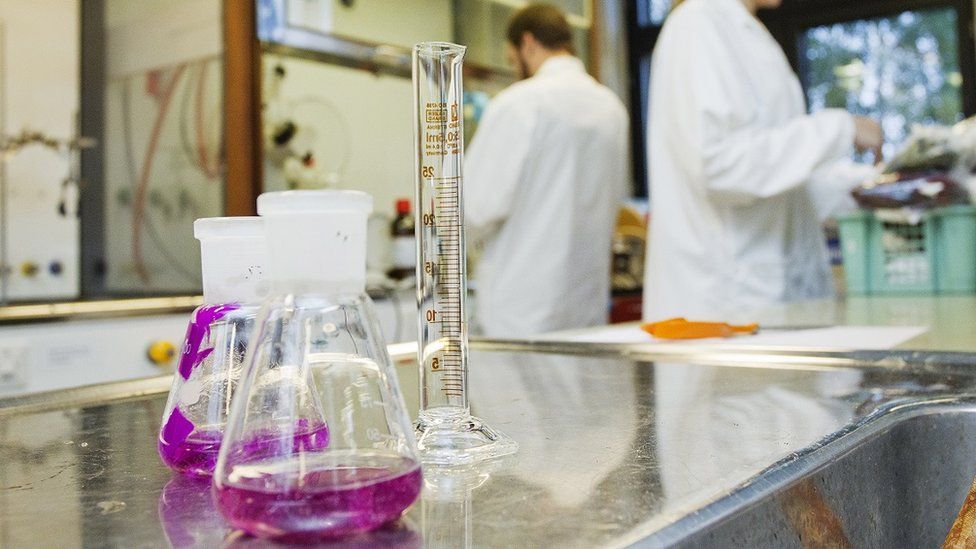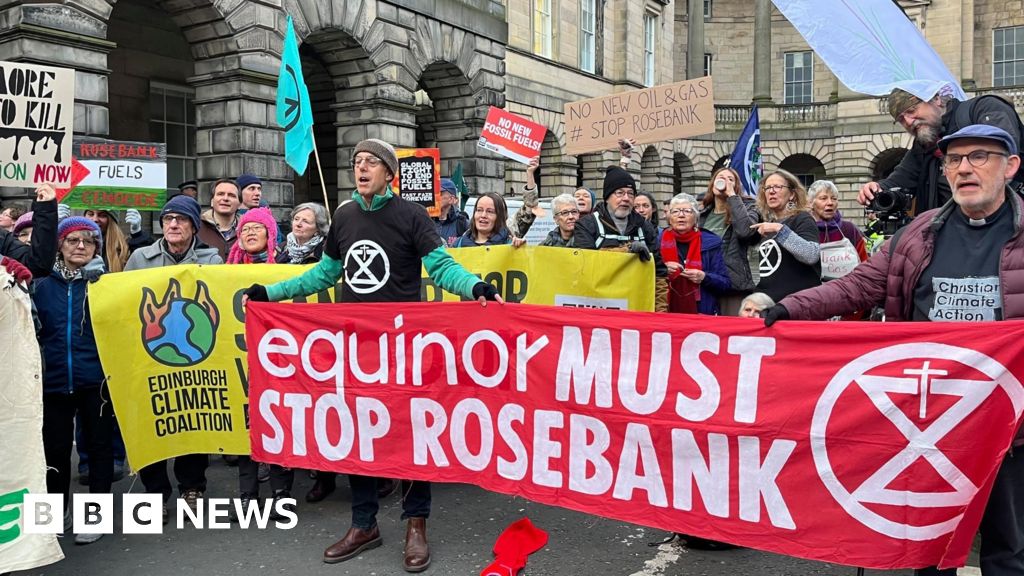ARTICLE AD BOX
 Image source, Lauri Rotko
Image source, Lauri Rotko
Manufacturing giant 3M has said it will stop making and using so-called "forever chemicals", common materials that have been linked to a range of health problems including cancer.
The firm, which also makes Post-Its, cited increased regulatory and consumer concern about the substances, known as PFAS, to explain the move.
The materials were once popular for their water-resistant and non-stick properties.
They are used in many everyday items.
These can include food packaging, fire-fighting foams, mobile phones, clothing and non-stick cooking pans.
But researchers have long been concerned about the chemicals - known as per- and polyfluoroalkyl substances or PFAS - because they do not break down under normal environmental conditions.
They have been found in dangerous concentrations in water, soil and food and can also linger in the body.
In August, the US said it was considering designating some "forever chemicals" - of which there are thousands - as hazardous. The UK and European Union have already taken steps to ban some of them.
Companies are also facing pressure from lawsuits and campaigners.
In announcing the move, 3M stood by the safety of the chemicals, which chief executive Mike Roman said "can be safely made and used".
But he said the firm saw an "opportunity to lead" and was positioning itself for long-term growth by moving to phase out the substances.
The company, which makes tens of thousands of industrial and everyday products, said it would honour current orders but stop making the chemicals by the end of 2025. It is also planning to phase out use of the substances in its own products by the end of that year.
"With these two actions, 3M is committing to innovate toward a world less dependent upon PFAS," the firm said.
It said it currently generates about $1.3bn (£1.1bn) in sales each year by making the chemicals - less than 5% of its overall revenue.
Joseph Allen, an associate professor at Harvard's School of Public Health who has studied the substances, called the decision a "massive public health win".
"The beginning of the end of Forever Chemicals," he wrote on Twitter in reaction to the news.

 1 year ago
23
1 year ago
23








 English (US)
English (US)